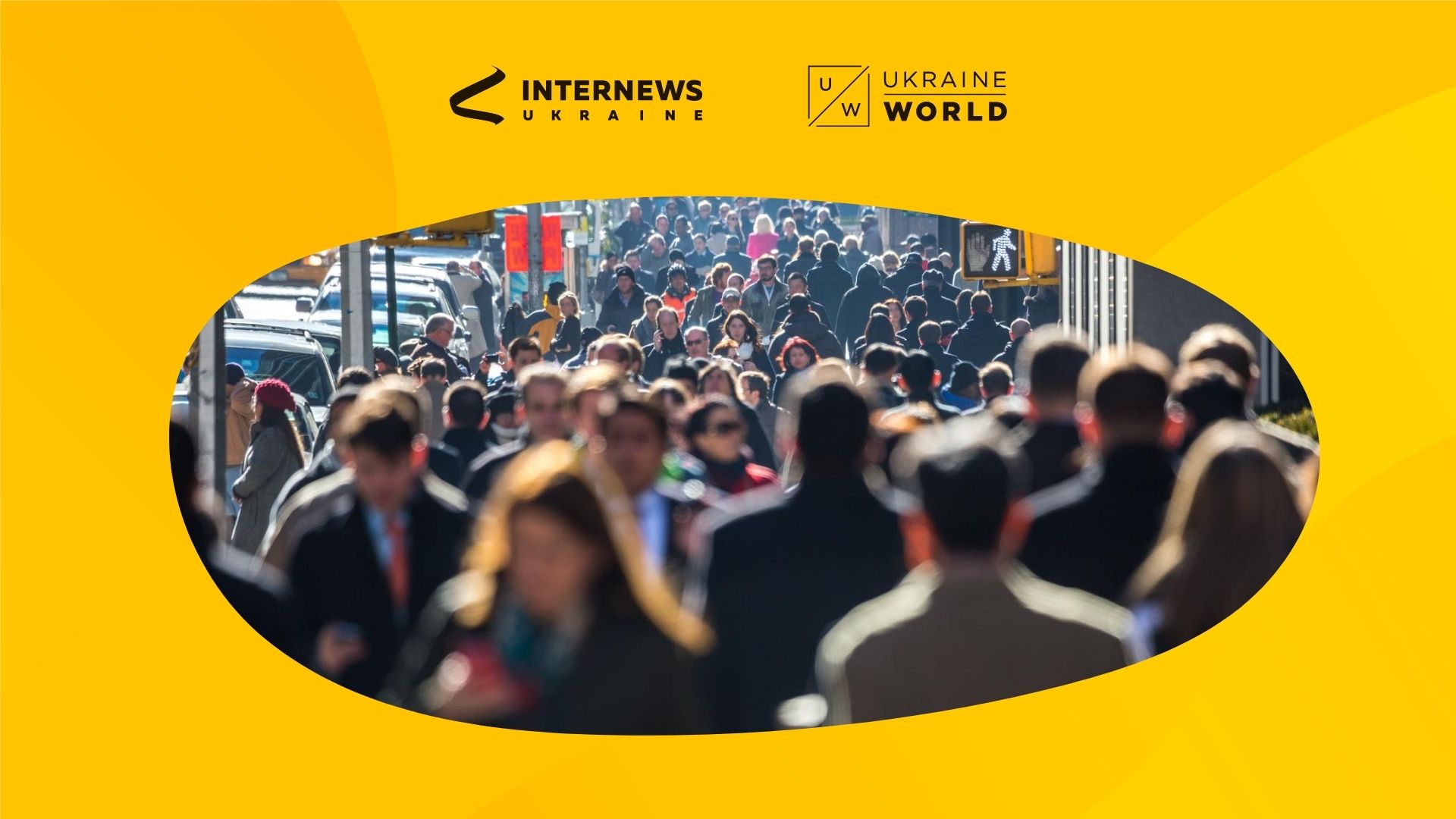UkraineWorld spoke to Yevhen Holovakha, Director of the Institute of Sociology of the National Academy of Sciences of Ukraine.
Key points – in our brief, #UkraineWorldAnalysis:
On Ukrainians’ subjective perception of economic achievements
- In 2022 and 2023, the proportion of Ukrainians who positively assessed the country's economic development was nearly double that of 2021. Despite the fact that the war has clearly had a devastating effect on the economy.
- Before Russia's full-scale invasion, Ukrainians had a negative attitude toward what was going on in the country. This, combined with low living standards, led Ukrainians to underestimate the Ukrainian economy's level of development. Ukrainians rated the state of their economy among the most negatively in all of Europe, with Bulgarians closely trailing behind. However, the state of the economy was not bad, as it provided a more or less decent life for the vast majority of Ukrainians.
- While there were indeed many citizens on the brink of survival in 1990, that number reduced to around 20% of the Ukrainian population on the eve of the full-fledged war. That is, there has been a genuine shift in the positive direction of the economy since gaining independence, but since Ukrainians underestimated the economy, a paradox has emerged: the subjective perception of economic achievements in Ukraine did not depend on the actual state of the economy.
- With the start of the full-scale invasion, Ukrainians saw that their country was strong, capable of resisting a hostile neighbour, and managed to keep the economy afloat despite losing a third of its GDP.
- Countries at war face severe economic difficulties, even before the introduction of a card system. However, this did not occur in Ukraine.
That is, two factors - increased respect for the state and recognition that the Ukrainian state was not so weak if it could withstand the war - contributed to such sociological outcomes.
- And we can predict that new battlefield victories will boost public perception of the Ukrainian economy.
On the difference between ideological and political affiliation
- 43% are people with a predominantly low level of education, living in small towns constitute those respondents who remained unidentified in the matter of ideological belonging. However, there is an interesting phenomenon: when we look at how these people vote, the specifics of voting of those who identify themselves ideologically do not differ significantly from those 43% of respondents who said they are unfamiliar with the issue of ideological self-identification. That is, there is no chaos. We know that people with a low level of education are more likely to vote for communists and nationalists, i.e. extreme positions, but there are no significant differences in the voting process between those who have defined their ideological affiliation and those who have not. The divisions of the refined ideological space may be more difficult to understand, but this has no bearing on their voting preferences.
- In addition, psychologists have demonstrated that people with no higher education have a better understanding of the world they live in than people with knowledge but no practical skills.
On cynicism and transaction costs
- According to the social cynicism test, people are suspicious of others and believe that others may commit dishonest acts for their own benefit. Cynicism implies a lack of faith in people's honesty. The phenomenon of an immoral majority exists not because there is an immoral majority in the country, but because people create this concept of those to be wary of intersubjectively, and this phenomenon is extremely difficult to understand.
- It is well known that the lower the level of social cynicism, the higher the level of development will be. Given that, when you don't trust someone in advance, you incur transaction costs - that is, you factor in potential losses in the calculation of your behaviour, which hinders your decision-making process. The level of social cynicism has significantly decreased since the outbreak of the war.
On whether there are threats to democracy in postwar Ukraine
- For Ukrainians, tradition means attempting to find some roots in the past in order to survive in the present. That is why Ukrainians turn to Cossack democracy and the struggle against conquerors to learn how to fight the occupiers. The only threat to democracy in post-war Ukraine is if Russia wins. But, historically, Ukraine has resisted authoritarian tendencies that are not inherent in Ukrainians.
Daria Synhaievska, Analyst at UkraineWorld
Yevhen Holovakha, Director of the Institute of Sociology of the National Academy of Sciences of Ukraine

